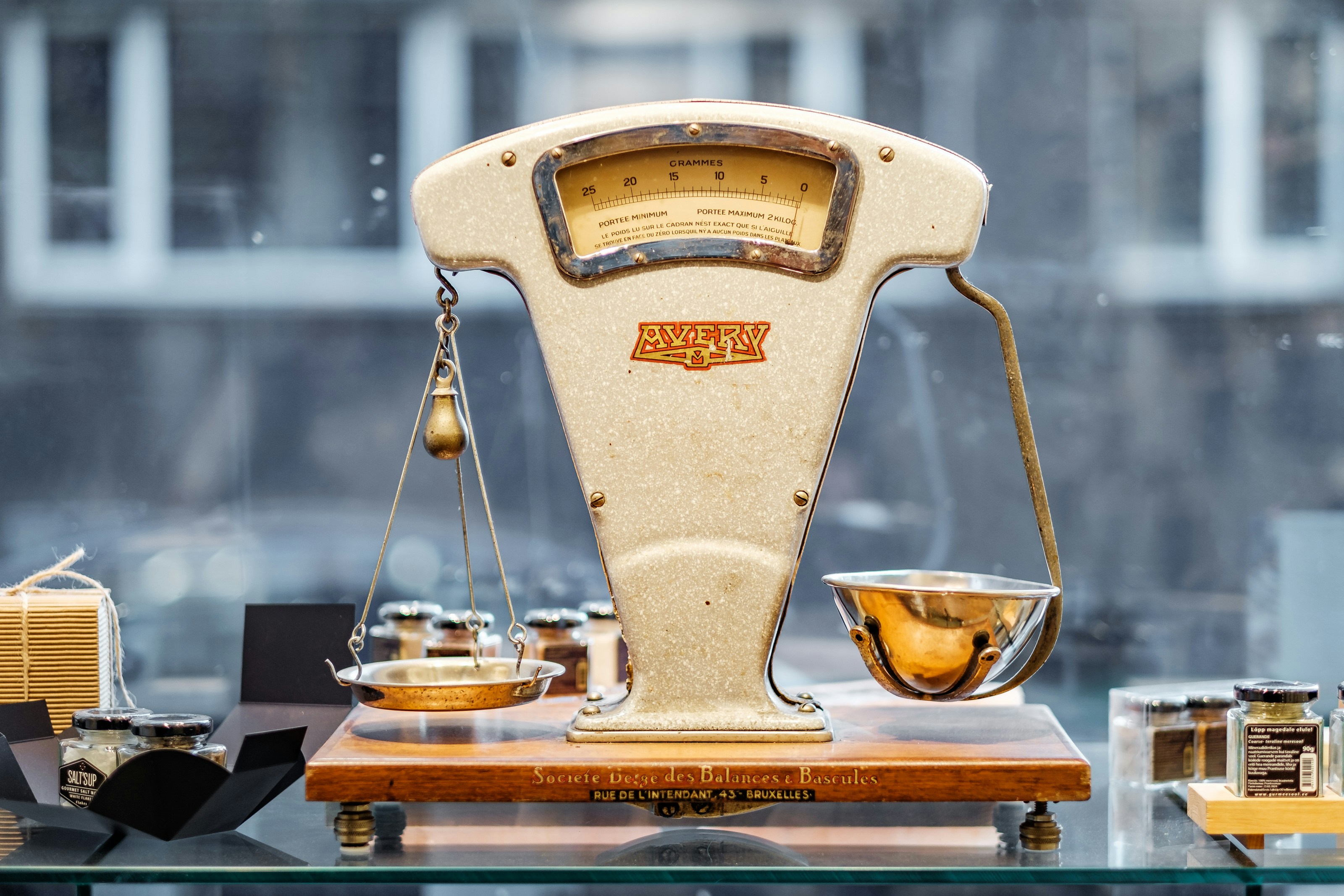In the fast-paced and competitive world of music, establishing a distinct and recognizable brand is crucial for success. For musicians, trademarks play a vital role in creating and protecting this brand identity. This blog post delves into how trademarks contribute to a musician's brand recognition and legal protection.

Understanding Trademarks in the Music Industry
A trademark is a symbol, word, or phrase legally registered or established by use as representing a company or product. For musicians, this can include their stage name, logo, album titles, or even unique phrases associated with their work. Trademarks help differentiate one artist from another and ensure that fans can easily identify their favorite musicians.
Enhancing Brand Recognition
Consistency Across Platforms
One of the primary benefits of trademarks is the consistency they bring to an artist's presence across various platforms. Whether it's social media profiles, merchandise, or promotional materials, having a trademark ensures that all aspects of an artist's brand are unified. This consistency helps build stronger associations in the minds of fans and industry professionals alike.
Establishing Trust with Fans
When fans see a familiar logo or name consistently used by an artist they admire, it builds trust and loyalty. A trademark acts as a stamp of authenticity that assures fans they are engaging with genuine content from their favorite musician. This trust can translate into increased sales of albums, concert tickets, and merchandise.
Legal Protection Against Infringement
Safeguarding Intellectual Property
Trademarks provide legal protection against unauthorized use of an artist’s intellectual property. With proper registration, musicians have the exclusive right to use their trademarked names and logos. This exclusivity prevents others from capitalizing on their hard-earned reputation without permission.
Preventing Market Confusion
In the crowded music industry, market confusion can be detrimental to an artist’s career. If another musician uses a similar name or logo, it could confuse fans and dilute the original artist’s brand identity. Registered trademarks help prevent such scenarios by providing clear legal grounds to challenge any infringement attempts.
Strategic Business Advantages
Licensing Opportunities
Trademarks open up additional revenue streams through licensing opportunities. Musicians can license their trademarked names or logos for use in various products like clothing lines, beverages, or even video games. These collaborations not only generate income but also enhance visibility across different markets.
Strengthening Negotiation Power
Having registered trademarks strengthens an artist’s position when negotiating contracts with record labels, sponsors, and other business partners. It demonstrates professionalism and foresight in managing one's career while ensuring that all parties respect the established brand identity.
Navigating Trademark Registration
Conducting Comprehensive Searches
Before registering a trademark, it’s essential to conduct thorough searches to ensure there are no existing claims on similar marks within the same industry category. This step helps avoid potential legal disputes down the line.
Filing Applications Correctly
The process of filing for trademark registration involves several steps including submitting detailed descriptions and drawings if applicable. Ensuring accuracy during this phase is critical as any errors could delay approval or result in rejection altogether. Markavo attorneys can file a new trademark application for you for as little as $99.
Conclusion
In conclusion, trademarks are indispensable tools for musicians aiming to build strong brand identities. They enhance recognition, provide legal safeguards, and offer strategic business advantages. By investing time into understanding how best utilize these protections, artists can secure lasting success amid ever-evolving musical landscape.




.webp)
.webp)
.webp)
.webp)





